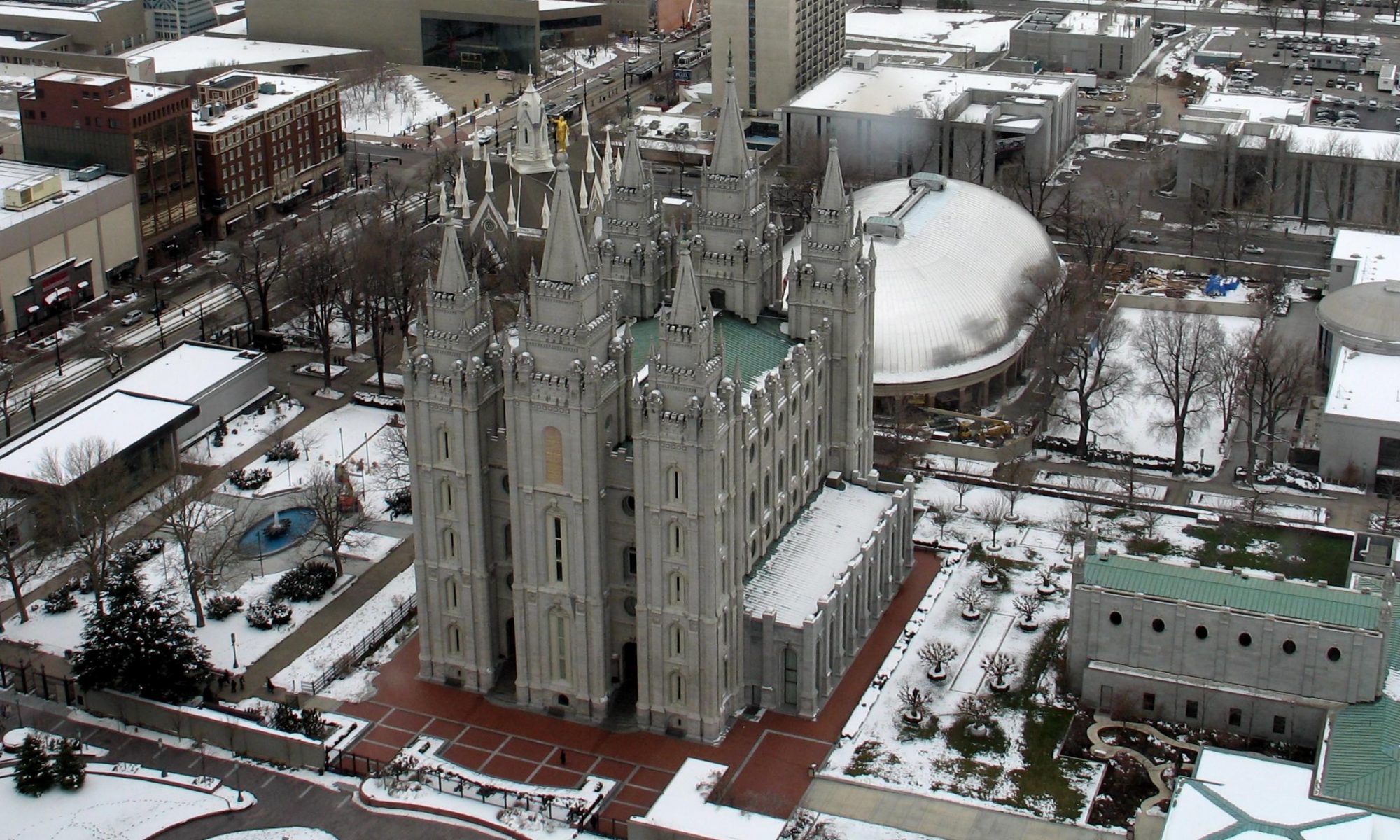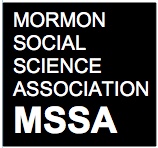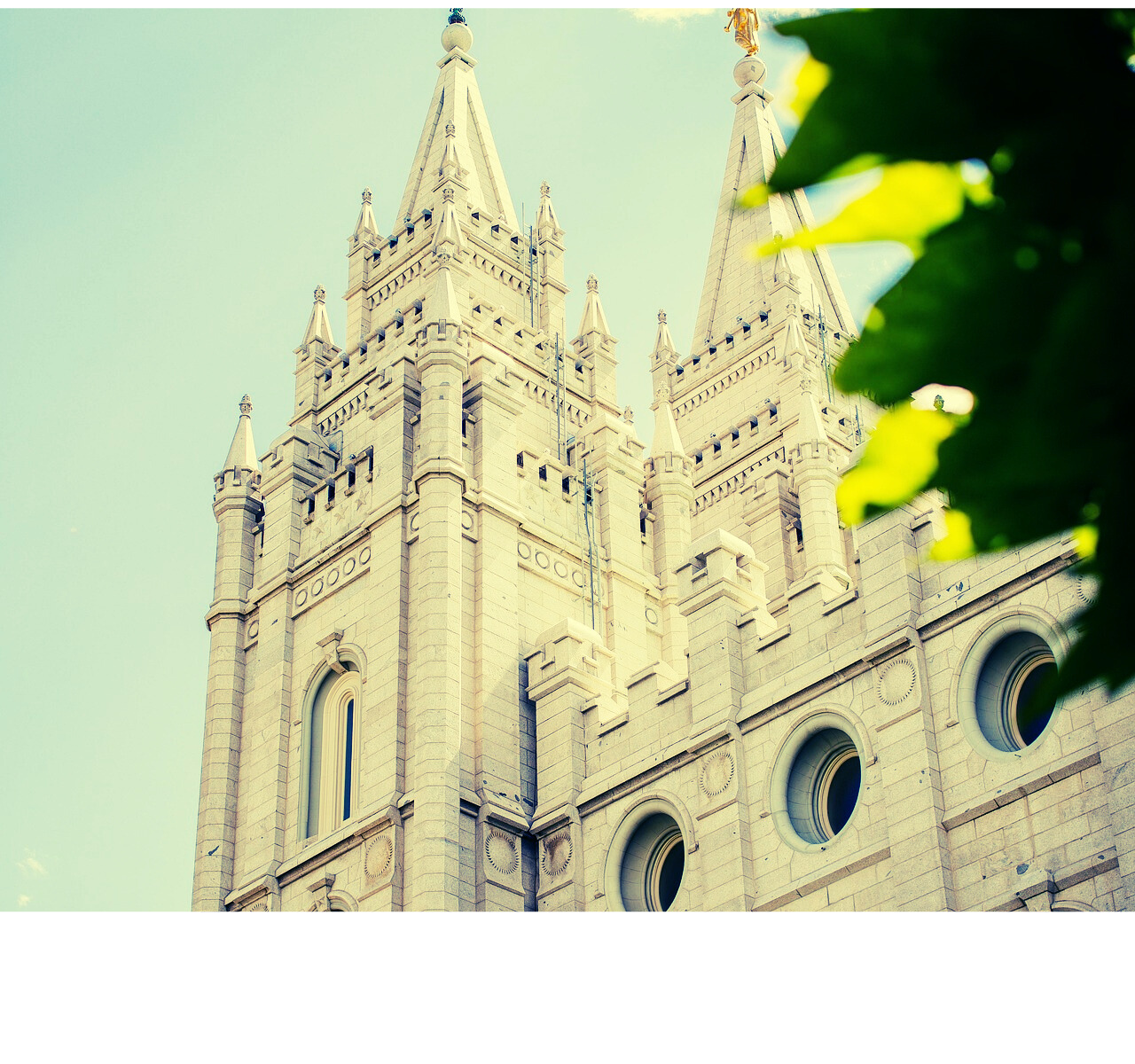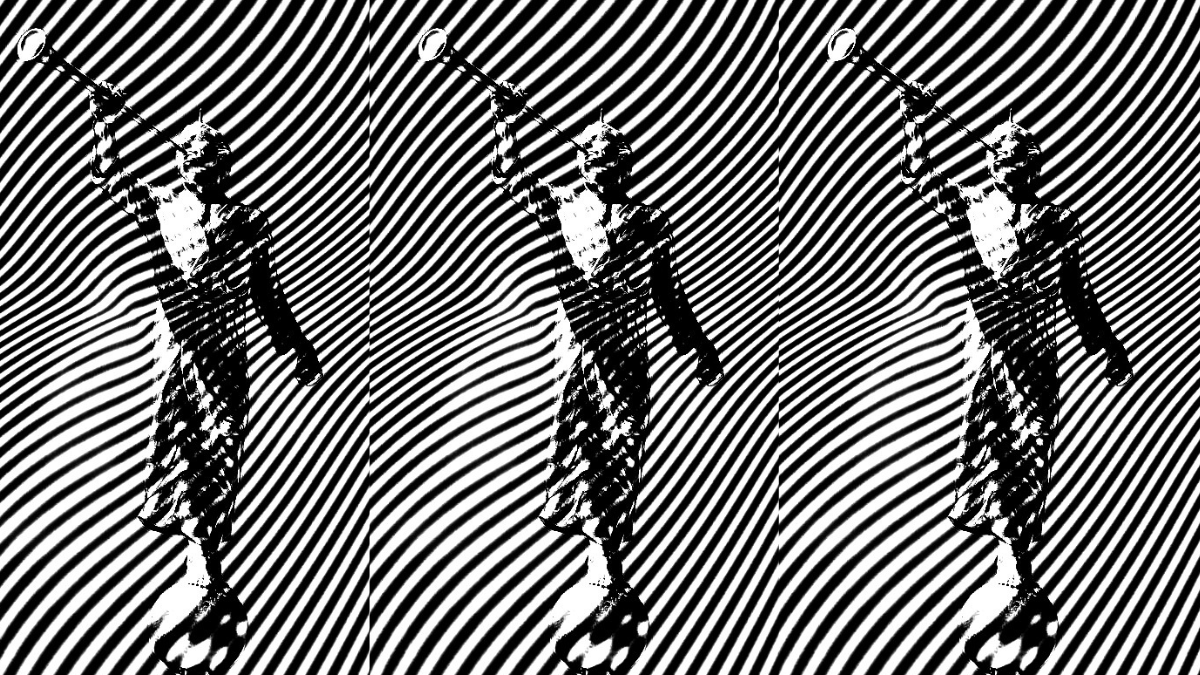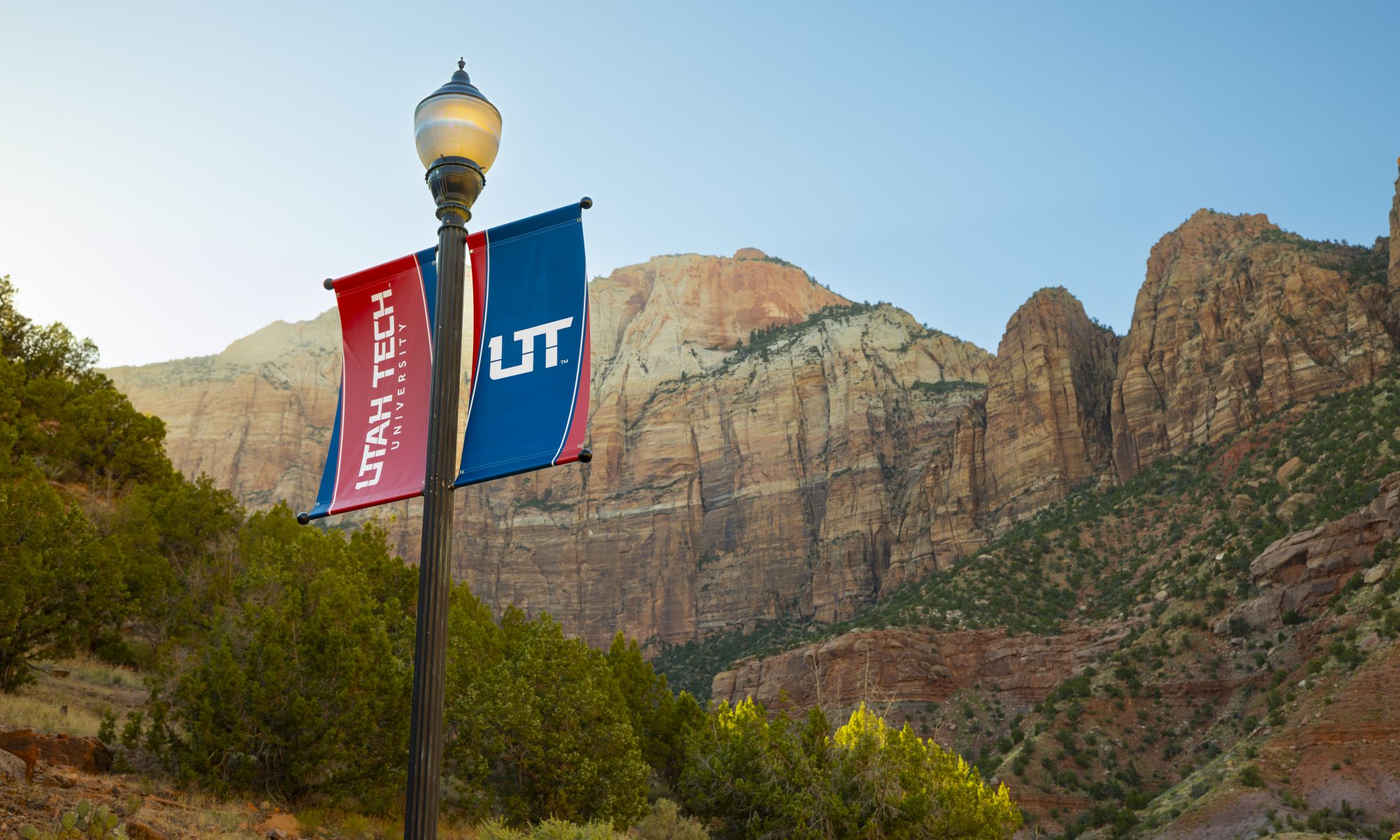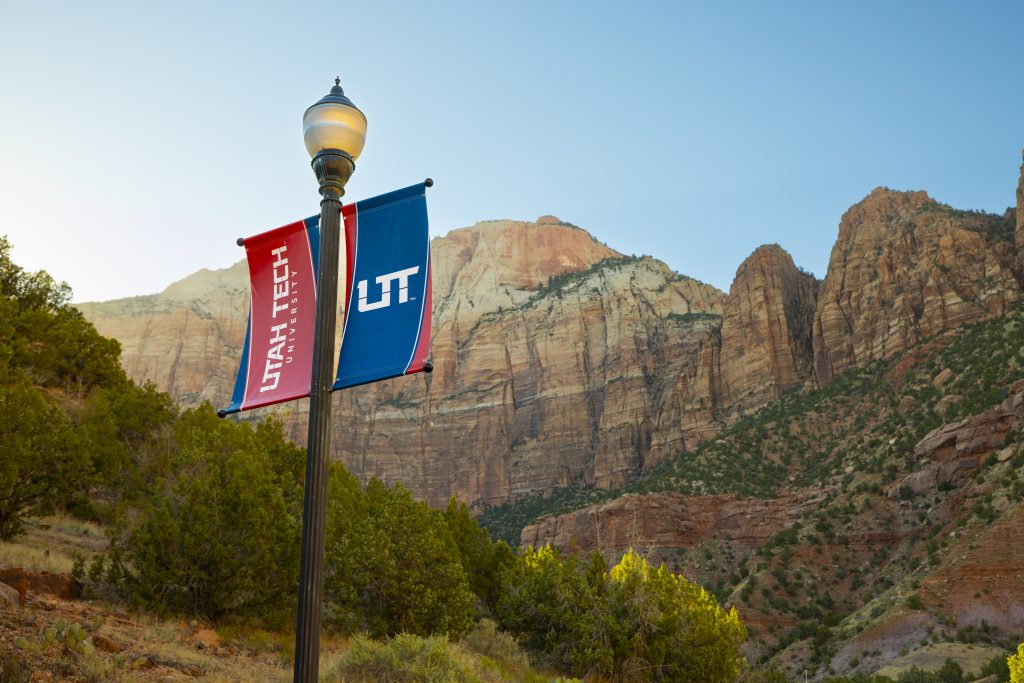Join us for the 2025 Glenn M. Vernon Lecture, MSSA panels and other Mormon Studies sessions held in conjunction with the Annual Meeting of the Society for the Scientific Study of Religion (SSSR) and the Religious Research Association (RRA). This year’s event is happening at the Minneapolis Marriott City Center, from October 31 to November 2, 2025.
Explore the full #SSSR_RRA2025 Annual Meeting final program.
Join the conversation on our social media channels: X @MormonMSSA & Facebook @MormonMSSA
Tag us in your posts and use the #MormonStudies and #SSSR_RRA2025 hashtags.
Panels and papers
Friday, October 31st
9:00-10:30 am Session A-14: Gender and Sexuality in Mormonism (Pine Lake room)
- When Is fertility salient to religion? Colonization and counterculture in frontier Utah
- (Trans)Gender, sexuality, and abortion attitudes among Mormons: science, politics, or religion?
- Marital cold war: How Ex-Mormons navigate mixed-faith marriages after disaffiliation
- “Who wants twenty controlling women in their lives anyway?” Polygamy, gender essentialism and masculinity on a conservative LDS online forum
10:40 am -12:10 pm Session B-14 (Pine Lake room)
12:10-1:10 pm MSSA Business Meeting (Deer Lake room)
- All MSSA members welcome; Location of Saturday night group dinner to be announced.
1:10-2:40 pm Session C-4 (Cedar Lake room)
1:10-2:40 pm Session C-12 (Maple Lake room)
2:50-4:20 pm Session D-14 Platformed Mormonism (Birch Lake room)
- Mormon Presence on right-wing social media platforms
- Algorithmic Authority: Networked Mormonism in the age of YouTube
- In the form not at the table: Conflict and reconciliation between religion and politics among online conservative Mormons
8:30 pm Mormon Studies/Mormonism Affinity Group Meeting (Deer Lake room)
Saturday, November 1st
9:00-10:30 pm Session E-3: Religious Change and Conversion (Excelsior Bay room)
- Gender, relationships, and negotiation: How men frame their deconversion experiences from the Church of Jesus Christ of Latter-day Saints
2:20 -3:50 pm 2025 Glenn M. Vernon Lecture (Cedar Lake room)
- Mormon settler colonialism’s endpoint: Enduring Mormon settler and Lamanite discourse in Mormon infrastructures
Elise Boxer (Sisseton and Wahpeton Dakota, citizen of the Fort Peck Assiniboine and Sioux Tribes) is associate professor of History and Native American Studies at the University of South Dakota.
4:00-5:30 pm Session H-5: Revolutionary Matters in Mormon Settler Colonialism (Birch Lake room)
- An Iroquois Quetzalcoatl: Entangled Christologies in the Book of Mormon
- Revolution in Mormon Literature: Protest against the religious hegemony
- Reading against the grain: Recovering Peninah Shropshire Cotton Wood as an Indigenous protagonist in Mormon settler colonialism
- A Nahua Prophet: La Evolución de México in Mormon thought
4:00 – 5:30 pm Session H-12: Book Panel
6:00 pm MSSA group dinner
All MSSA members are invited. Location: TBD
Sunday, November 2nd
10:40 am – 12:10 pm Session J-8: Systems of Power and Meaning in Mormonism (Birch Lake room)
- Divine-human capital: Aspiring to theosis via Mormon ‘self-reliance’
- The growing emphasis on ritual within the Church of Jesus Christ of Latter-day Saints
- Contested exits revisted: Institutional and individual meaning-making in the LDS Church name removal process
- Purpose in life in the context of Mormonism: Is pursuit of individual purpose possible?
Join the MSSA
As an interdisciplinary and international association, the MSSA promotes the social scientific study of Mormonism and facilitates communication and collaboration among researchers, educators and students. Membership is open to all. We sponsor scholarly conferences, publications, panel discussions, paper sessions, and the biennial Glenn M. Vernon Lecture. Join us today.
Give to the MSSA
The Armand Mauss Founders’ Fund supports the costs of the Vernon Lecture, honoraria for other invited speakers, student paper awards, student travel assistance, MSSA sponsored publications and other organizational expenses deemed appropriate by the Board of Directors.

